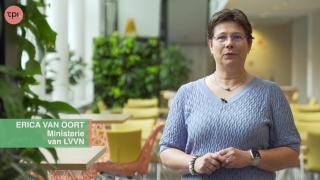Understanding implant safety in vitro
Each year, millions of people receive an implant. The function of damaged tissues or organs is successfully restored in most people, however, some do develop complications. The safety of medical devices is indicated for legislation using international regulations. In the relevant standards, tests mainly focus on the chemical nature of the implants using classical toxicological end-points. However, more recently we have learned that the mechanical forces from an implant on the host-tissue can have significant effects on the host-response as well. At RIVM we want to develop an animal-free model that better resembles the interface between the implant and the host-tissue, and by updating the testing strategies contribute to implant safety on the long term.
New

Helpathon #12 – Can you help Erica?

The NAM Navigator: A unique repository for information on the validation and acceptance of New Approach Methodologies
